Science Articles

One of the youngest exoplanets ever discovered formed at an immense distance from its star, offering a new mystery.
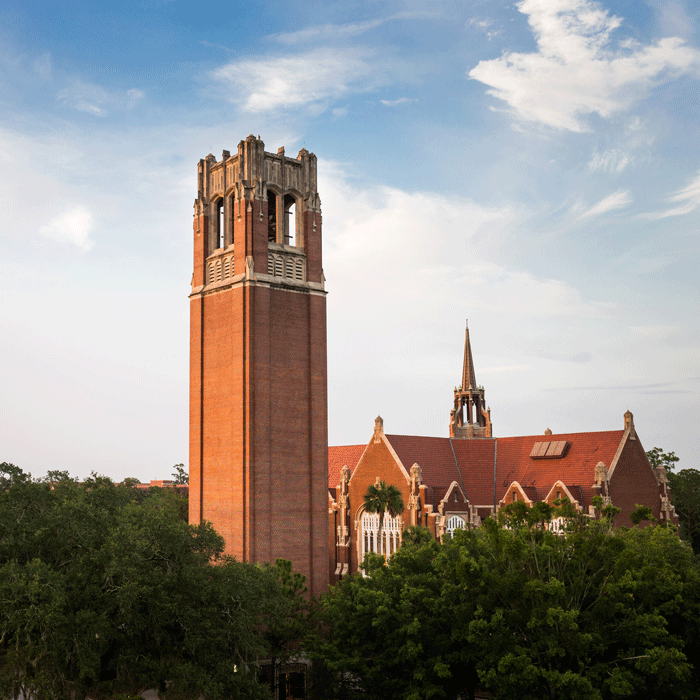
Using a $7.5 million grant from the NSF, UF engineers are leading a new effort to understand how groups like the poor, children and the elderly, and the disabled are marginalized by current technologies like smartphones and video conferencing and how current and future technologies can be designed to be more inclusive.
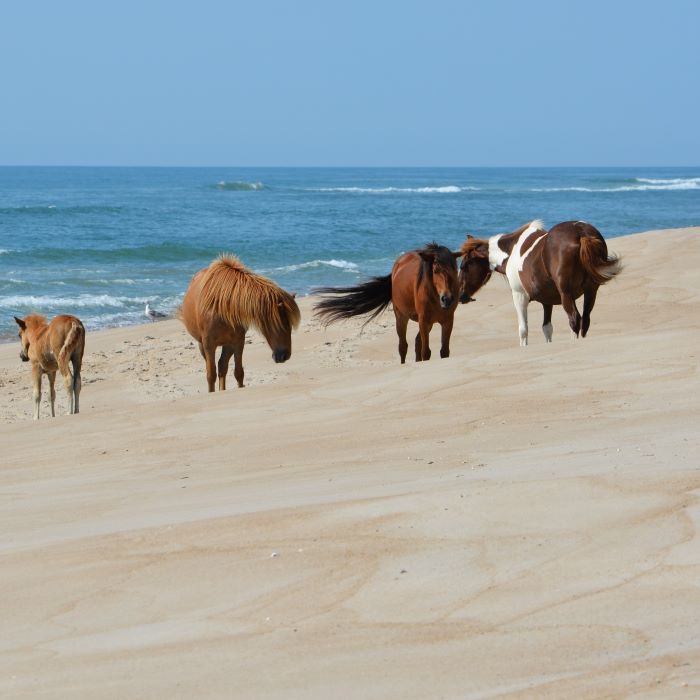
A single horse tooth from Haiti reveals that popular folklore that the Spanish shipwrecked horses off the coast of the U.S. is likely true.
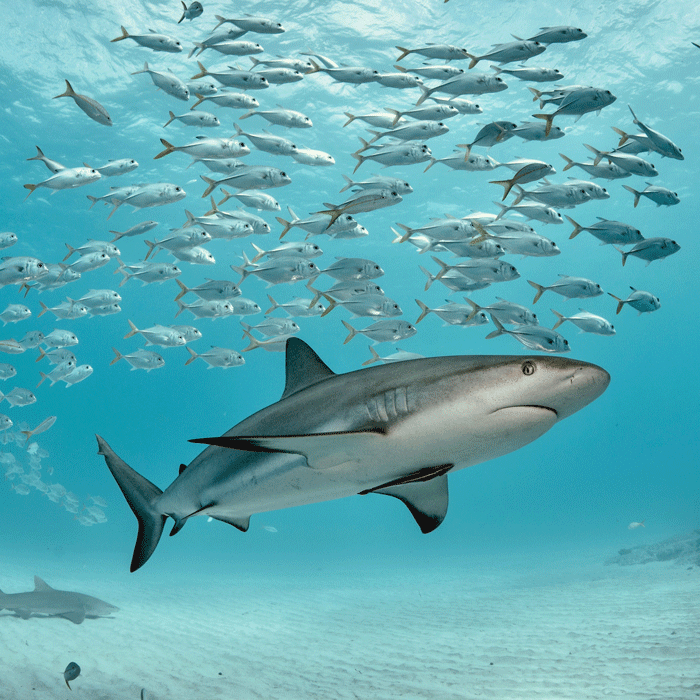
Based on news accounts, it may seem there are more shark sightings — and attacks — than usual along the northeastern shores of the United States, but a UF shark expert says that’s a misleading perception.

High-impact research is in full swing on the University of Florida’s powerful supercomputer, with faculty and students from across the State University System using HiPerGator — one of the smartest machines in the world — to advance critical work in areas including the environment, technology and medicine.
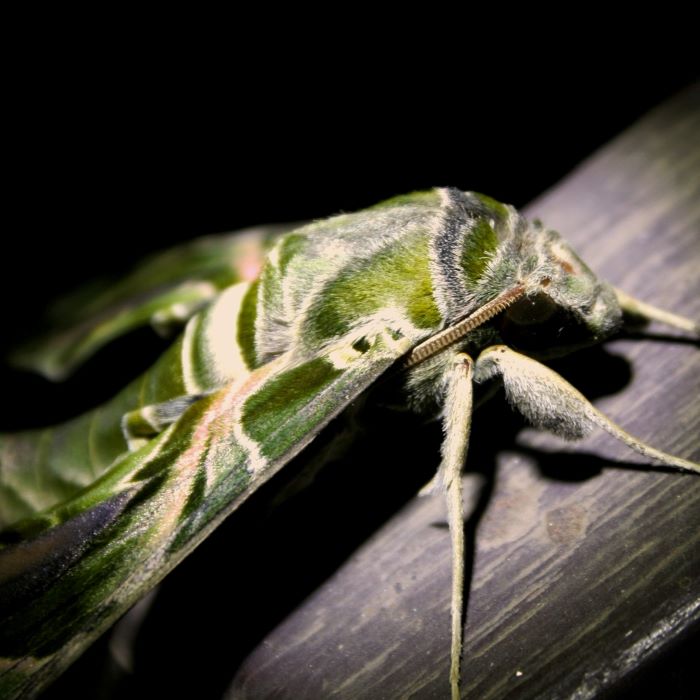
Using artificial intelligence, researchers have discovered what is likely the largest animal mimicry complex on Earth, changing the way we see, or rather hear, the night sky.
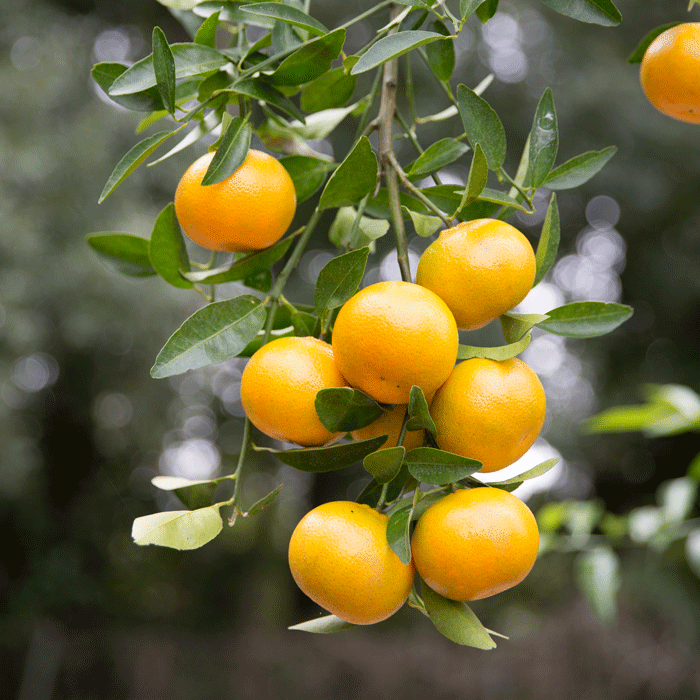
As news broke that Florida’s citrus industry ended this year’s growing season with its lowest production in eight decades, an unlikely union has formed between two University of Florida startup companies to help reverse the trend.
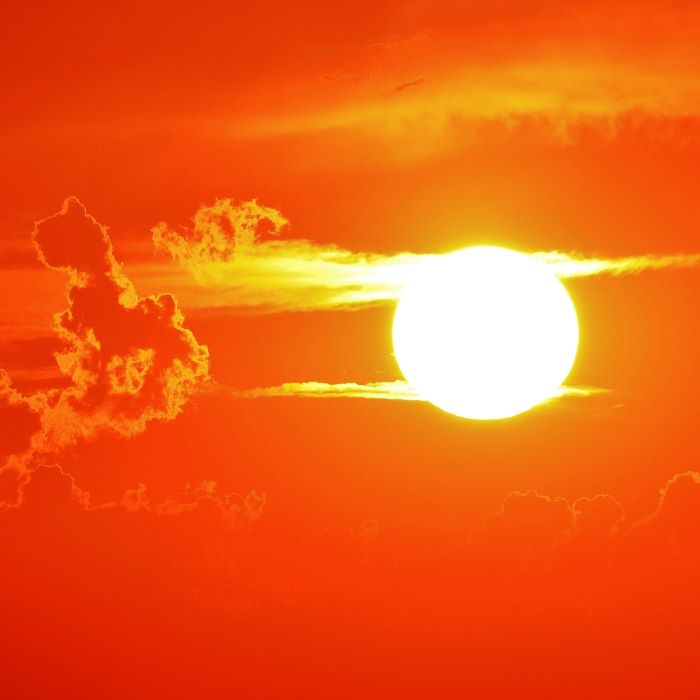
An expert on heat illness discusses the key symptoms and how severe heatstroke can stress the immune system and other organs for years.

Earning a micro-credential helps fill knowledge gaps, especially for those in the workforce who have limited time and cannot commit to a semester or longer of learning.
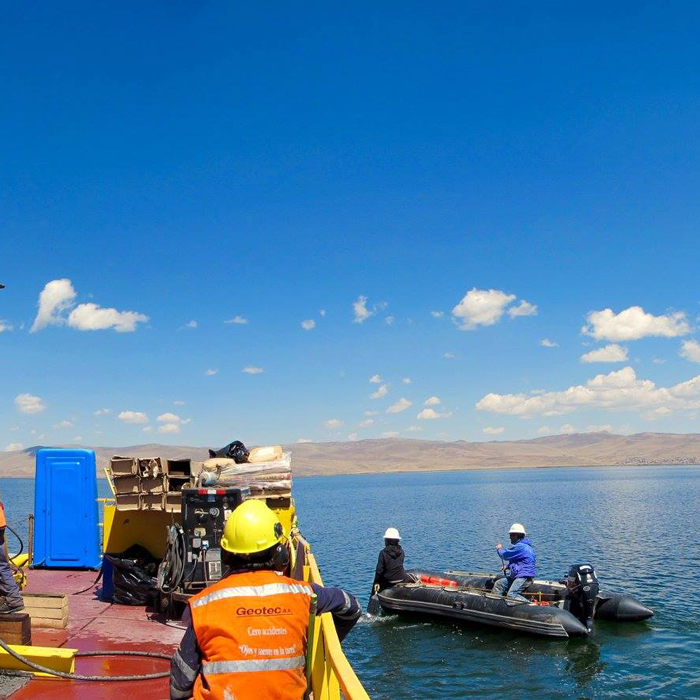
Glaciers in tropical mountain ranges are experiencing similar impact from the drivers of climate change as those in the polar regions of Antarctica and the Northern Hemisphere, according to a study published today in Nature.

The university and the CIA have entered an agreement to study how artificial intelligence and machine learning applications can be used to detect and deter malicious agents that infiltrate computer networks.
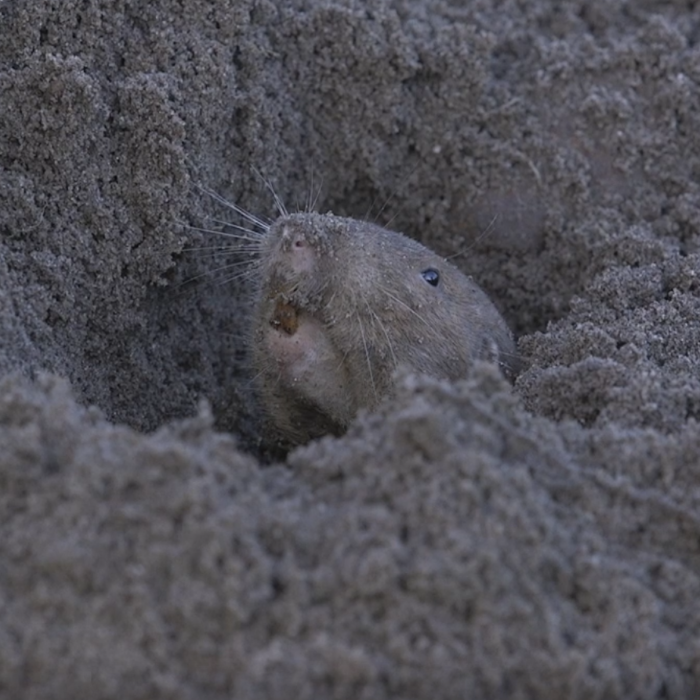
UF researchers discovered that pocket gophers fertilize crops of roots and harvest them for food, making them the first non-human mammal known to show farming behavior.
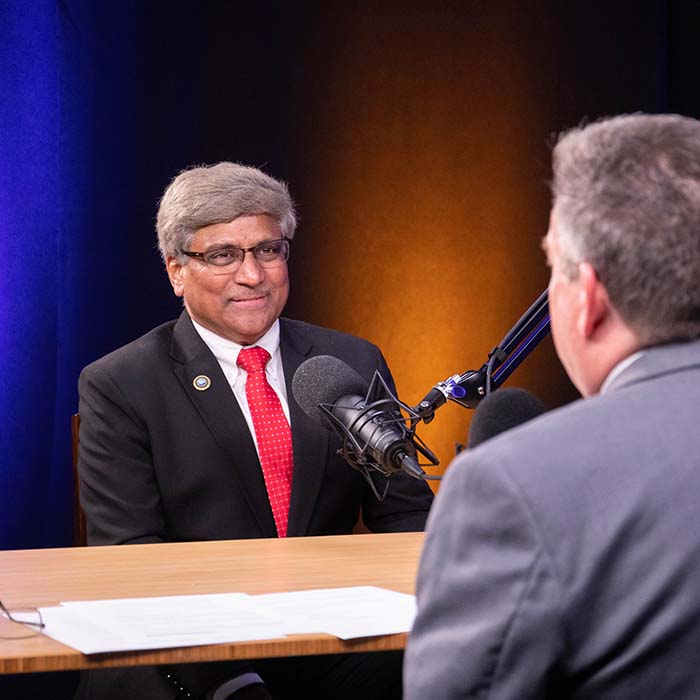
The National Science Foundation has recognized a record nine University of Florida faculty members from a wide variety of academic disciplines with 2022 Early Career Development Awards, one of its most prestigious honors.